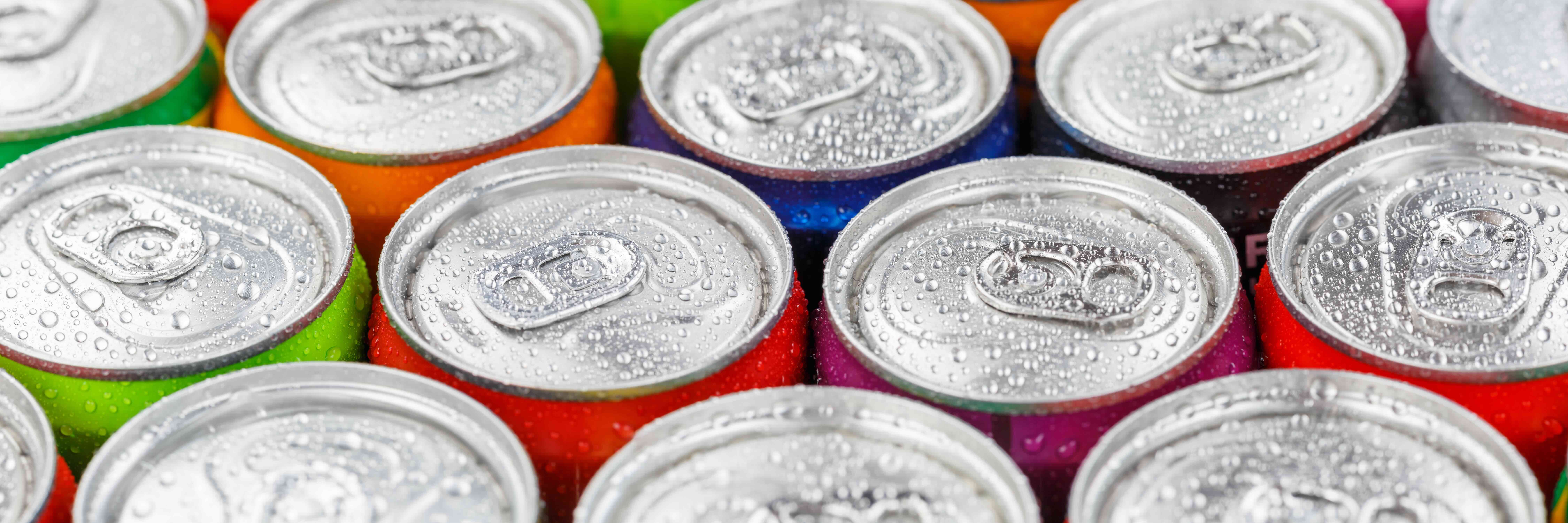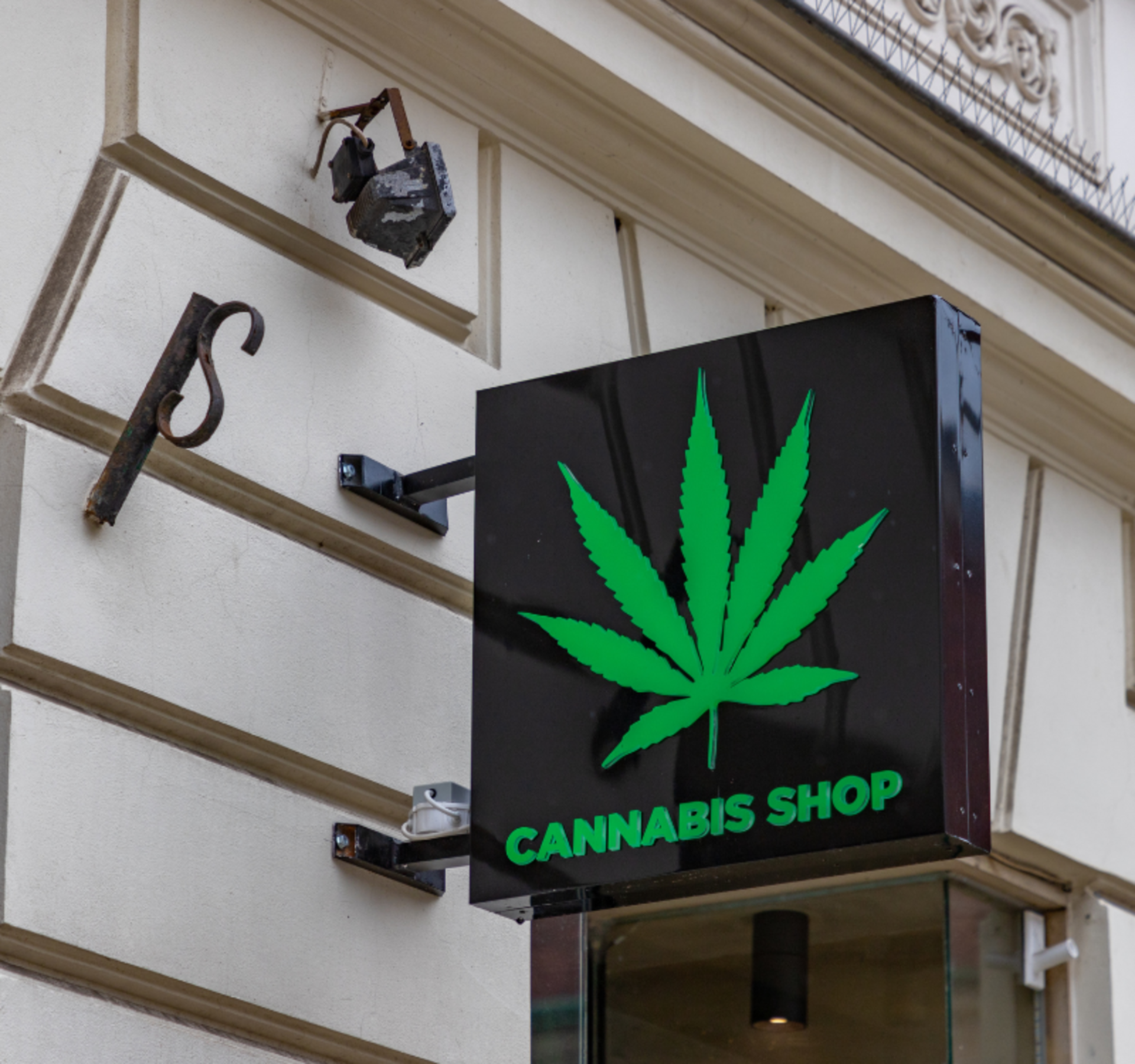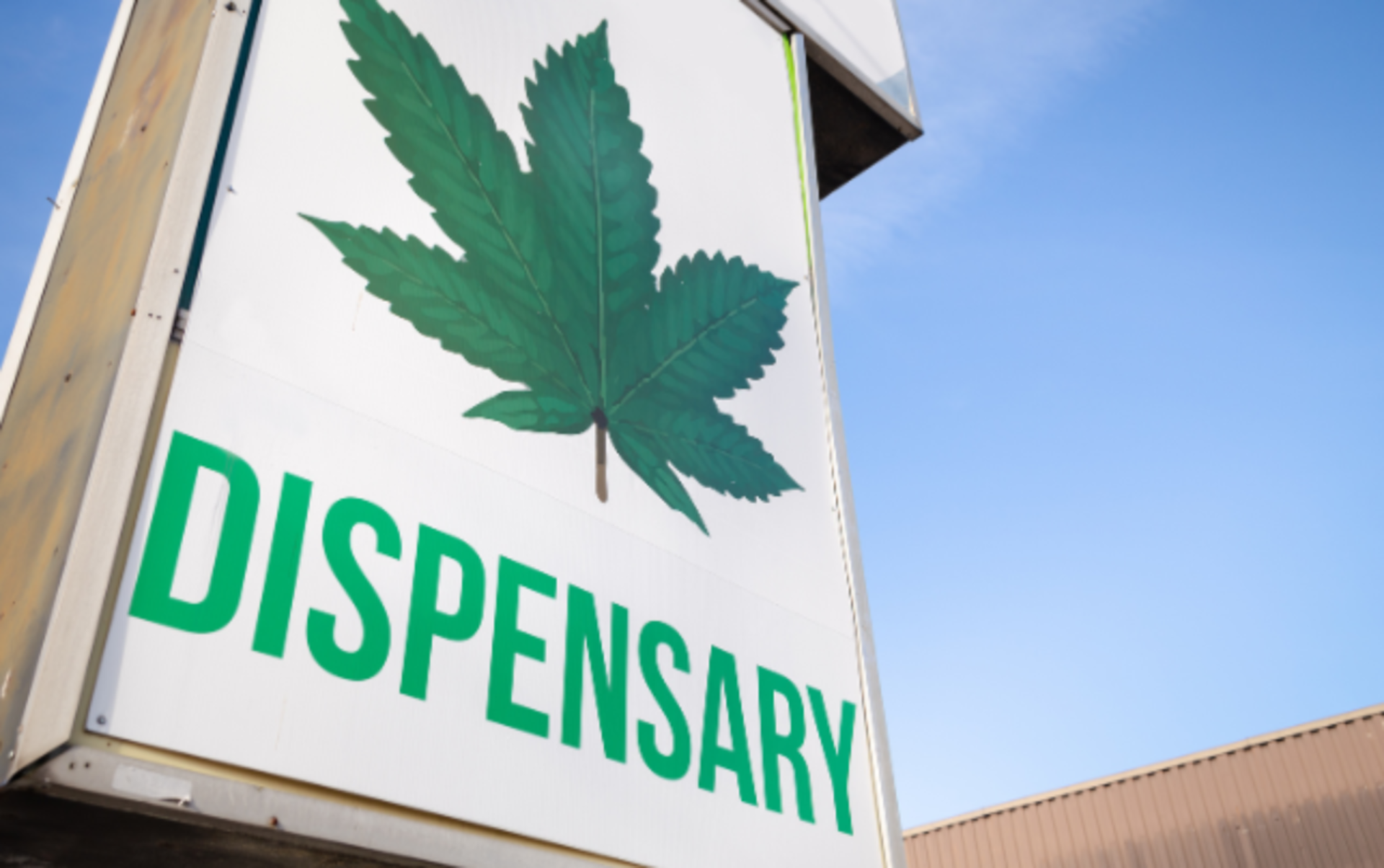
Mississippi Cities Cracks Down on THC Beverages Amid Regulatory Uncertainty
In Mississippi, the sale of THC and hemp-derived beverages has become a contentious issue, with local governments stepping in to address a regulatory void left by the state. The lack of comprehensive hemp legislation following the 2018 Farm Bill has led to a proliferation of intoxicating hemp products, including THC-infused beverages and other products, sold in convenience stores and groceries. This has prompted some cities to consider and enact ordinances banning such products, citing public health concerns and the absence of clear state guidelines.
On May 5, 2025, the City of Brandon became a prominent example, unanimously approving an ordinance to prohibit the sale, distribution, delivery, bartering, or giving away of any THC-containing beverages within its corporate limits. The ordinance, enacted with waived readings, took effect seven days later, reflecting the city's urgency to curb unregulated THC products at least as it pertains to THC beverages. The city did not address other unregulated consumable THC products primarily sold at gas stations.
The City of Pearl Police Department began enforcing a similar ban on June 24, 2025 by immediately demanding retailers to remove THC beverages from their shelves, providing a 24-hour window of compliance.
These cities’ decisions were influenced by the Mississippi state legislature’s failure to pass a bill regulating intoxicating hemp products earlier in 2025, leaving local governments to navigate the legal gray area. Further fueling these local actions, Mississippi Attorney General Lynn Fitch issued an opinion on June 11, 2025, clarifying that hemp-derived products intended for human consumption, including THC beverages, are prohibited unless sold through a licensed medical cannabis dispensary under the Mississippi Medical Cannabis Act. This opinion has provided legal backing for cities like Brandon to enact restrictive measures, as it underscores the state’s position that such products fall outside current regulatory frameworks unless tied to the medical cannabis program.
The crackdown in Brandon, Pearl, and potentially other Mississippi cities highlights a broader trend of local governments taking proactive steps to regulate or ban hemp-derived THC products. With intoxicating beverages and other consumable products increasingly accessible to minors and lacking standardized oversight, these ordinances aim to protect public safety. However, the patchwork of local regulations underscores the need for statewide clarity.
Mississippi’s neighboring states also have a variety of approaches to THC beverages, some of which are actively evolving.
While Texas currently allows the sale of consumable hemp products, Texas lawmakers attempted to ban those products including THC beverages through Senate Bill 3, yet Governor Greg Abbot vetoed that bill on June 22, 2025. Abbot called a special legislative session starting July 21, 2025 to regulate THC products rather than ban them. The Texas legislature is expected to consider measures like age restrictions, child-resistant packaging, potency limits, clear labeling, and oversight by the Texas Alcoholic Beverage Commission.
Louisiana allows the sale of hemp-derived THC beverages that contain no more than 5mg of total THC per serving, but the products must be registered with the Louisiana Department of Health (LDH), must have a Certificate of Analysis on file with the LDH, and must meet packaging and labeling standards established by the LDH.
Georgia allows the sale of hemp-derived THC beverages, though the Georgia legislature unsuccessfully attempted to ban those products during its 2025 legislative session.
On May 14, 2025, Alabama’s Governor Ivey signed HB 445 into law banning smokable hemp products including flower and vapes starting July 1, 2025. Alabama currently allows the retail sale of hemp-derived THC beverages which, along with edibles, will be regulated by Alabama’s Alcoholic Beverage Control Board beginning January 1, 2026.
Tennessee currently allows for the retail sale of THC beverages, but this structure will change beginning January 1, 2026. At that time, Hemp Derived Cannabinoid Products will be regulated under the state’s three-tier system similar to alcohol. Retail sales will be limited to Tennessee ABC-licensed package stores, on-premise liquor venues, and other permitted establishments. Those products will be prohibited from sale at convenience stores and grocery stores. The new law also sets milligram per package limitations and establishes standards for labeling.
Arkansas banned consumable hemp products in 2023, yet the enforcement of that law has been held up in court since then. However, the Eighth Circuit Court of Appeals upheld that ban in June, reinstating Arkansas’ prohibition.
Florida allows hemp-derived THC beverages to be sold at establishments holding a liquor store permit or liquor-by-the-drink permit at restaurants, so long as the beverages also have gone through testing, meet labeling standards, and contain less than 5mg per serving.
Louisiana, Arkansas, Florida, and Mississippi have active medical cannabis programs also. Georgia, Texas, and Alabama have limited (or not yet operational) medical cannabis programs. Tennessee does not have a medical cannabis program.
Until Mississippi lawmakers address hemp product regulation comprehensively, more cities may follow Brandon’s lead, creating a fragmented landscape for THC beverages in the state. For businesses and consumers, the evolving situation means navigating a complex web of local rules, with compliance hinging on staying informed about both municipal ordinances and the state’s medical cannabis framework. As the debate over hemp-derived products continues, Mississippi’s approach to THC beverages remains a work in progress.
Mississippi lawmakers should consider the forward-thinking approach of the state’s neighbors who have chosen to regulate hemp-derived THC beverages, rather than the prohibition-style tactics utilized in the state’s history regarding intoxicating beverages. Well-regulated programs are ultimately better for consumer safety while also generating revenue for the state’s coffers. Simply banning products from local retailers creates a patchwork of rules across Mississippi, while also not addressing the proliferation of online-ordering of hemp-derived THC products. A top-down policy decision from lawmakers is increasingly needed.





